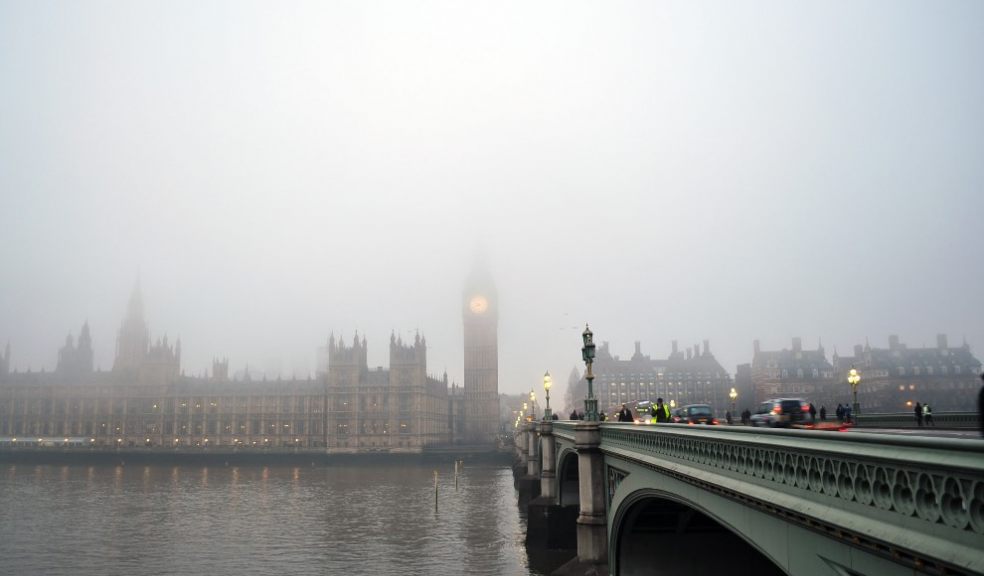
3 Important Things You Should Know About Central Heating
Heating systems are a great option to go for when your house needs warmth at all times. Heating systems are very popular in the United Kingdom and other colder countries and people can’t live without it. It makes the house warm and cozy, as these countries get a lot of winter and snow laid all year round. But, if you are new to the whole central heating system, then this article will be very helpful to get you acquainted with the important details of a central heating system. Here are some of the important things you should know about central heating.
1. There Are Multiple Types of Central Heating Systems
There is not just one type of central heating system available in the market. Since boilers, heating systems have come a long way and now there are many modernized and environmentally friendly options available such as radiators and air systems. Now if you are interested in a radiators, then visit Radiator Outlet for multiple options to choose from.
Wet Systems/Boilers
Wet systems or central heating boilers mainly generate heat from a source of water. The hot water is the heat provider and it travels through the long pipe networks and ejects heat into the radiators. For boilers, have an abundant source of water is necessary and it is a very outdated version of central heating systems. Boilers were the very first pioneers of central heating systems in which water was heated in huge steel tanks. The tank was connected to a network of pipelines around the house, which were further connected with radiators and vents. These vents would then eject warm air in the house and raise the temperature of the room.
Warm Air Systems
Warm air systems are non-wet systems and they are very efficient. This system consists of a large fan which sucks cold air into a heat exchanger (mostly a boiler) and the air is warmed up by a generator. The warm air is then pushed out into the vents and results in warming. This system is more modern than a traditional boiler, but the only downside is that the pipes must be regularly checked for leakage or damage. If damage or leakage occurs, then the heating system will not be as efficient.
2. Difference Between Combi And Conventional Boilers
You might have heard of the term “combi” boilers. Well, the main difference between a combi and a conventional boiler is that a conventional boiler only warms up the house via hot water through the vents and radiators. Whereas, combi boilers also provide hot water in the taps and faucets, while warming up the house. You can check out combi boiler prices to decide between them more easily.
3. Electric vs Gas Heating
This situation depends on where you are living. If a place has an abundance of electricity or gas, you can use either energy to power your boiler. But mostly, gas central heating is cheaper than electricity central heating. So, a lot of people go for the gas option. Whereas, electric heaters are more efficient than their gas counterparts and they heat up the rooms quickly. The choice depends on what electricity is readily available for use.















